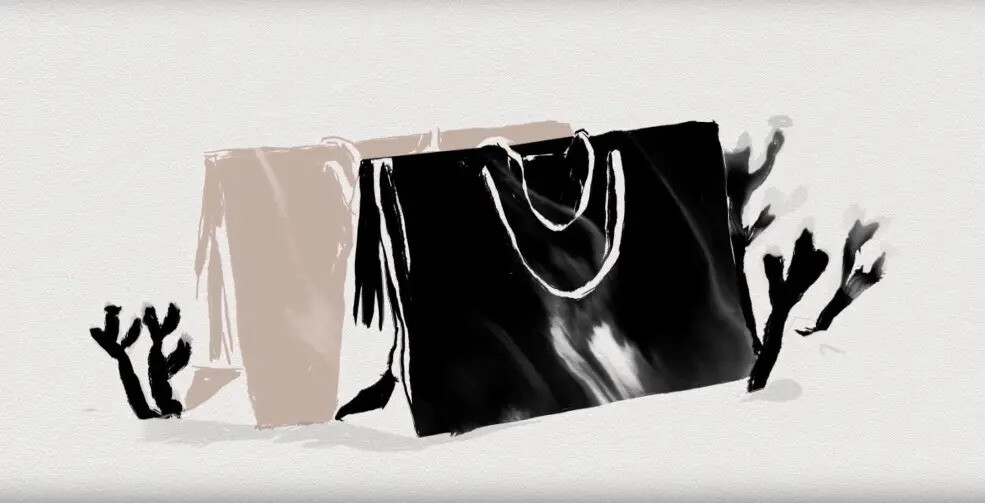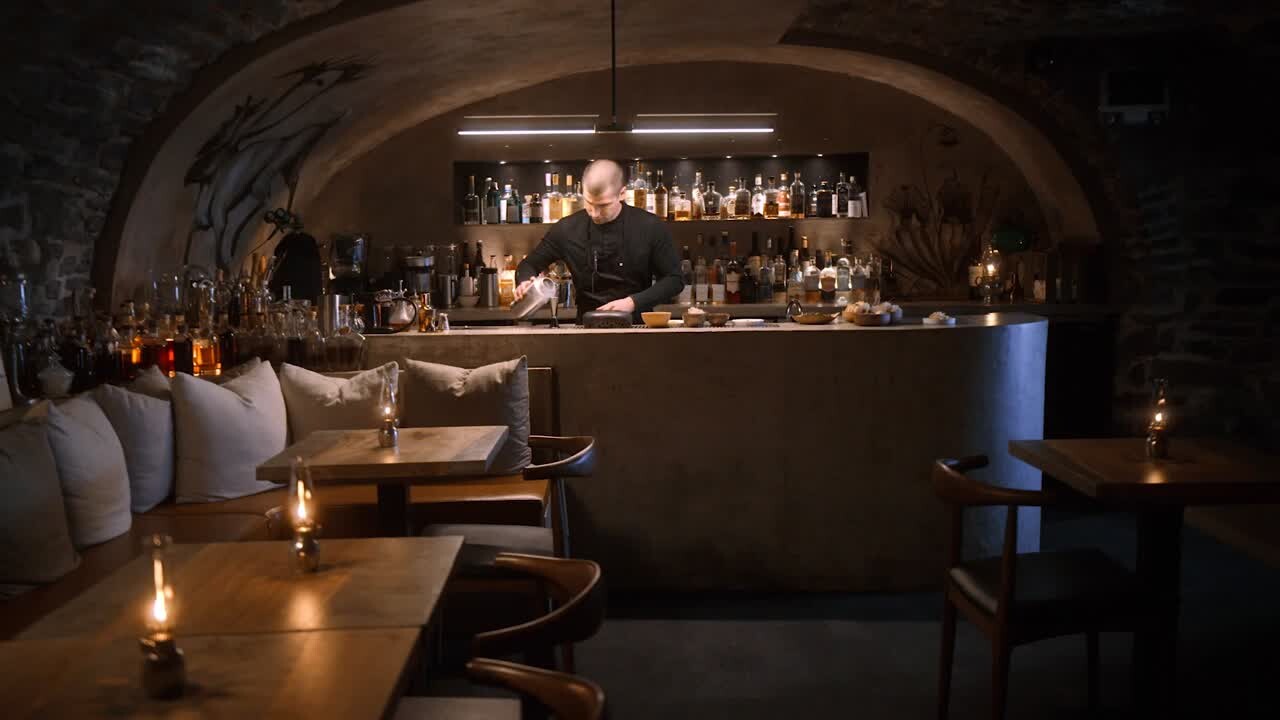Kering has set an ambitious goal to eliminate single-use plastic packaging in both its BtoB and BtoC operations by 2025. Since the introduction of the Kering Standards for Raw Materials and Manufacturing Processes in 2018, the Group has emphasized circularity in its packaging solutions. This newly published Ecodesign Tool, developed in collaboration with CITEO+, is a comprehensive repository of best practices and innovative strategies that Kering has implemented over the years.
This toolkit underscores Kering’s commitment to transparency and an open-sourced approach. It offers detailed guidance on packaging design and implementation strategies, aiming to help other industry players reduce their reliance on single-use plastics and comply with upcoming European regulations.
Several of Kering’s iconic brands have already started integrating these sustainable practices. Gucci, for instance, began using reusable protective plastic boxes in 2019 for transporting accessories from Italian warehouses to suppliers. This initiative is expanding, with a pilot project launching in France in early 2024 to extend these practices from warehouses to stores. Gucci’s Take Back program, initiated in 2019, recovers industrial packaging like trays, covers, and cardboard tubes for reuse in raw material transportation, involving 37 actors in its supply chain.
Saint Laurent has also made significant strides. In 2023, the brand replaced plastic used to protect leather goods in its BtoC operations with FSC-certified lyocell. By November 2024, Saint Laurent plans to introduce 100% FSC-certified paptic covers for delicate garments, transitioning from polypropylene covers in its BtoB operations.

Pomellato, another prestigious House under Kering, has introduced 100% FSC-certified paper shopping bags, complete with handles made from open weave paper and reinforced bottoms for durability. This new packaging not only highlights the jewelry House’s commitment to sustainability but also maintains the luxurious feel that customers expect.
Kering’s leadership in sustainable luxury is clear. By scaling these initiatives and ensuring all its brands meet the 2025 targets, Kering is setting a powerful example for the entire industry. The Group’s efforts demonstrate that luxury and sustainability can coexist, paving the way for a greener future in fashion.
Article source : https://www.kering.com/en/news/kering-publishes-its-ecodesign-tool-for-packaging-items/





